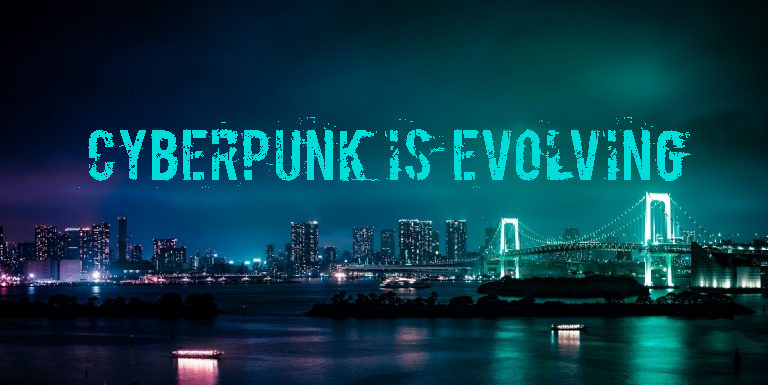Your local post office is in trouble.
Problem 1: Volume
The volume of mail (letters, magazines, catalogs, and especially packages) that the United States Postal Service delivers in some areas has doubled or even tripled since 2015.
Officially, First Class Mail and package volume have generally been declining. (Source: Postal Facts: A Decade of Facts & Figures.) This doesn’t account for the fact that in rural areas and places with a high cost of living, shoppers have turned to online retailers like Amazon to buy household goods that used to be purchased locally.
According to Postal Facts, the volume of First Class Mail (things with stamps, like letters and bills) has fallen almost 50% since 2013. Meanwhile, package volume has nearly doubled from 3.7 billion pieces to 7.2 billion pieces.
Continue reading “The USPS Is Drowning”


